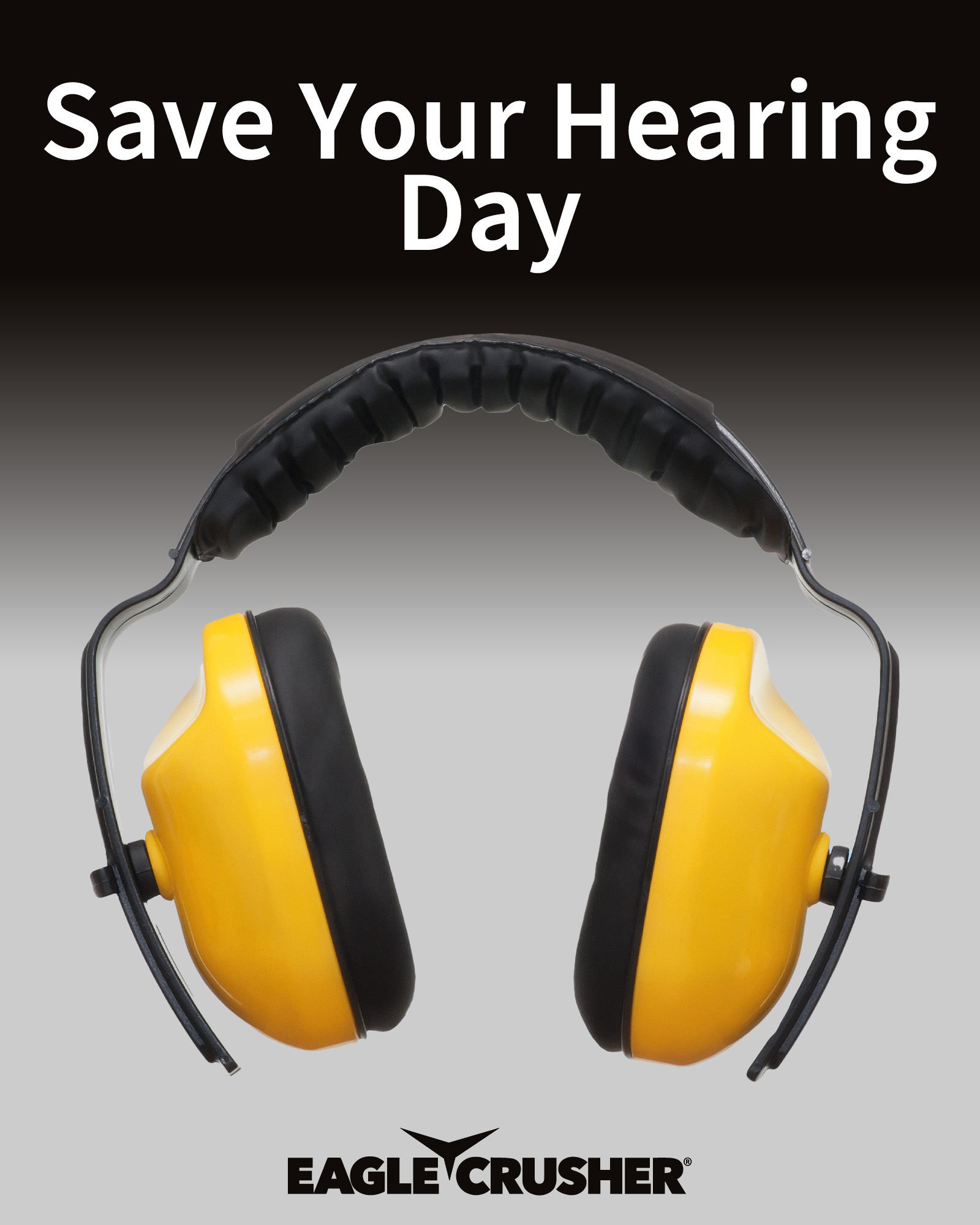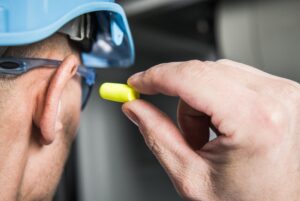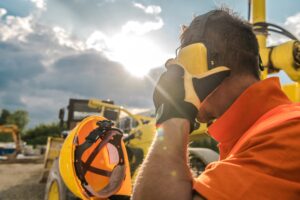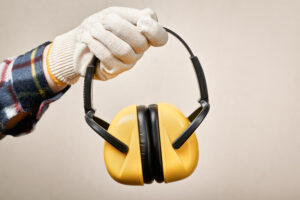Blog
Save Your Hearing

Save Your Hearing: A Critical Call for Safety in the Rock Crushing Industry
The rock crushing industry plays a vital role in construction, mining, and infrastructure development. However, it also comes with significant risks, such as noise-induced hearing loss. Workers in this industry are frequently exposed to high decibel levels from crushers, conveyors, loaders, and other heavy machinery. Over time, this noise exposure can cause permanent damage to your hearing if proper precautions aren’t taken.

The Hidden Danger of Decibels
Sound levels in a rock crushing environment can routinely exceed 85 decibels, the threshold where hearing damage begins. In many cases, these decibel levels become extremely high near crushers and other heavy machinery. Exposure to these high intensity sounds without protection, even for short periods, can lead to irreversible hearing damage.
Unlike other injuries that are immediate and visible, hearing loss is gradual and painless, which makes it even more dangerous. By the time symptoms are noticeable, significant damage has often already occurred.
Real Risks, Real Costs
According to the CDC, approximately 22 million U.S. workers are exposed to hazardous noise each year, costing businesses billions of dollars in workers’ compensation claims, reduced productivity, and increased turnover. In the rock crushing industry, this risk is compounded by the typically remote, rugged working conditions and long hours.
Besides the personal cost to workers, hearing loss also increases the risk of workplace accidents. Impaired hearing can make it harder to detect warning signals, backup alarms, or verbal instructions which can jeopardize safety for the entire team.

Protecting Your Ears on the Job
Hearing protection isn’t just a recommendation, it’s a necessity. Here’s how rock crushing operations can take hearing health seriously:
- Use Proper Hearing Protection Devices
-
- Equip workers with earplugs or earmuffs rated for high-decibel environments.
-
- Train employees on how to properly wear and maintain these devices.
-
- Ensure hearing PPE are readily available and mandatory in high-noise areas.
- Conduct Regular Noise Monitoring
-
- Use sound level meters or dosimeters to track exposure levels across job sites.
-
- Identify noise hotspots and adjust workflows or install barriers where possible.
- Implement Engineering Controls
-
- Upgrade to quieter equipment where feasible.
-
- Schedule noisy operations during shorter shifts to limit exposure.
- Routine Hearing Tests
-
- Provide audiometric testing for employees to track any changes over time.
-
- Create a baseline and monitor regularly to catch early signs of hearing loss.
- Promote a Safety-First Culture
-
- Include hearing conservation in your safety training programs.
-
- Encourage workers to report any signs of hearing discomfort or malfunctioning hearing PPE.

Don’t Wait Until It’s Too Late
Hearing loss in the rock crushing industry is preventable, but it requires a proactive approach. Investing in hearing protection today not only safeguards your workers’ well-being but also helps reduce costs, improve morale, and boost safety across the board.
Read more about noise in the work environment with OSHA resources, CDC resources and more.
Protect your ears. Protect your team. Save your hearing—because silence isn’t always golden.

